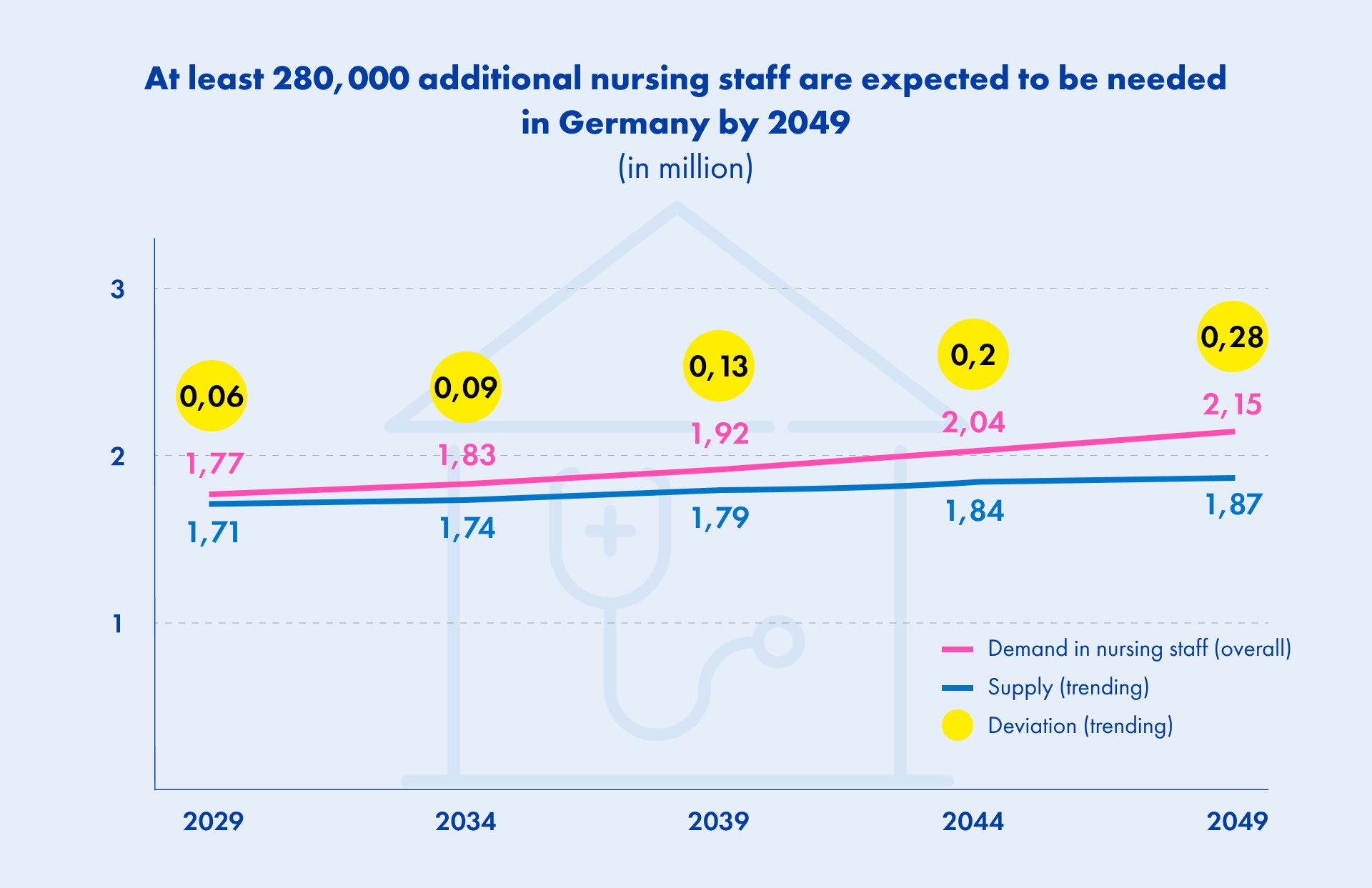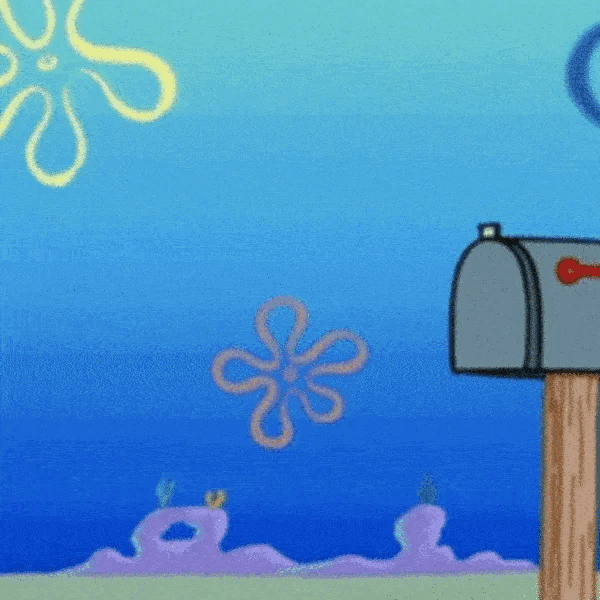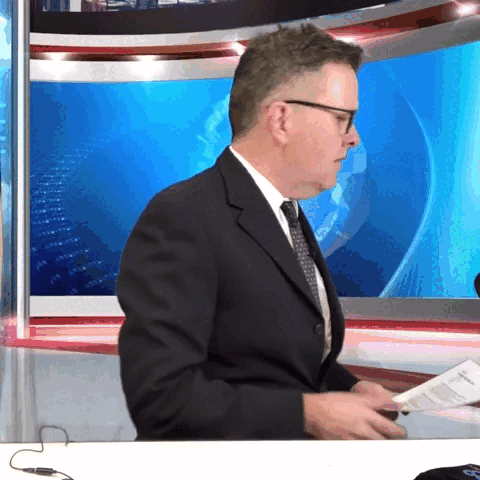Issue #153
Guten Morgen! 2024 already feels so different than the previous year, don’t you think? Welcome to this week’s krautshell, where we bring thought bubbles from all over the continent. In the main article, we have insights into Germany’s 2024 federal budget, negotiations around the Net Zero Industry Act in the EU, and the European Commission’s initiatives for enhancing economic security and political development in the UK, covering multiple fronts. Lastly, we have WOOM by Leon, which touches upon the latest developments in the UK, from ongoing by-elections to debates over the government’s Rwanda bill to international affairs. It’s like a buffet of news—something for everyone’s palate. Sit back and take a not-so-deep dive as you enjoy a relaxing weekend. We wish you a great start and much luck for the coming week, already into the second month of the year. Anna Szilvia WHAT TO WATCH THIS WEEK: This week, the Bundestag will take a final vote to adopt Germany’s 2024 federal budget. If you wonder why this happens nearly a month into the new year, you might want to revisit Krautshell #151 and #147, where we explain how Germany’s Federal Constitutional Court wiped €60 billion from existing spending plans in 2023 and tore a hole of an estimated €17 billion into Olaf Scholz’ budgetary plans for 2024, at the end of last year. The 2024 budget to be passed next week earmarks €476.81 billion in total, with net borrowing of “only” €39.03 billion. This is crucial, as it is in line with the constitutional Schuldenbremse (debt brake), a limit on structural budget deficits, whose (illegal) circumvention got the German Government in a pretty pickle last year. The Ampel Coalition will be relieved to officially pass its budget next week, putting this topic to rest -but for how long? With Federal Elections on the horizon in 2025, the Schuldenbremse will surely reemerge as a topic for heated debate and difficult compromise, sooner rather than later. Robert Habeck, Germany’s Green Federal Minister for Economic Affairs and Climate Action, and Lars Klingbeil, Chairman of the SPD, are proponents of reforming the debt break. The FDP and CDU won’t have it. Either way, if you feel like you’ve had enough of Schuldenbremse – buckle up and keep your eyes peeled for more to come. INSIGHTS FROM PARLIAMENT: In the fascinating and intricate world of EU negotiations, the current Belgian Presidency is on a mission to tie up loose legislative ends before the European Parliament election in the summer. And these ends are substantial! This week, representatives from the EU’s co-legislators, the European Parliament and the Council, engaged in negotiations about the “Net-Zero Industry Act” (NZIA). The Net-Zero Industry Act is a key component of the European Green Deal, one of the EU’s most high-profile projects. The goal is to increase the manufacturing capacity of technologies that contribute to clean energy, emitting minimal or zero greenhouse gases, expediting progress toward the EU’s 2030 climate and energy objectives and achieving climate neutrality by 2050. Additionally, it is expected to enhance the competitiveness of EU industries, generate high-quality jobs, and decrease to the bloc’s energy dependence. So far, so good. But negotiations have stalled during this week’s Trilogue. While there is agreement in some areas, such as CO2 storage, there is still plenty of disagreement, especially regarding the scope of the law. Member states advocate for a second list of “strategic” technologies alongside eligible net-zero technologies, while the Parliament insists on a unified list. Given this background and the limited flexibility the Belgian Presidency has in the negotiations, it is doubtful whether the files can be successfully concluded as planned during the 3rd Trilogue on February 6th, or even before the European Parliament elections in June. Godspeed! THE BIG PICTURE: Despite the current economic boxing match between China and the U.S., Brussels isn’t jumping into the ring just yet. On Wendesday, the European Commission has unleashed a whirlwind of five initiatives in a bid to overhaul economic security. Among these is a non-binding initiative on outbound investments, set to impact the economic landscape significantly. Additionally, consultations with EU countries are on the horizon to evaluate economic security risks collectively. The strategy paper, another element in this economic symphony, seeks to standardize how EU nations manage their exports, responding to the trade restriction challenges posed by the U.S. and China on national security grounds. Enter the mysterious draft communication, designed to fortify the EU’s toolbox. Far from ordinary, this superhero toolbox is on a mission to mitigate risks associated with foreign investments, outbound investments, dual-use goods, and research security. In a bid to control the influx of foreign direct investments, a proposal for the revision of the regulation on investment screening is also on the table, envisioning a security scanner to filter out undesirable investments. The excitement continues with a strategy paper advocating for the advancement of research and development in technologies with dual-use potential. This initiative aims to redefine these ambiguous technologies, presenting them as both beneficial and risky. Economic security, adopted from the United States and Japan, is becoming a focal point for Brussels, with the EU creating its own strategies to safeguard companies, particularly those involved in sensitive technologies like semiconductors. The EU is even compiling a list of cutting-edge technologies it aims to master, setting the stage for an economic blockbuster. This week, in a show of unity, Conservative MPs rallied around Prime Minister Rishi Sunak after a former Conservative Cabinet Minister publicly urged the Prime Minister to step down and lambasted him for his “denial of impending catastrophe”. He was referring to consistent polls that predict the Government is headed for defeat at the next election, which will be held sometime this year. Sir Simon Clarke did not receive the response he was hoping for, instead being swiftly criticised and even ridiculed by his former colleagues. While it’s certainly not ideal to have an ex-minister calling for your resignation, the Conservatives are clearly unconvinced a change of leader is the right call. Those polls are attractive for the Opposition Labour Party, which has maintained a steady 20-point lead over the Conservatives for months now, but polls from across the Atlantic Ocean are causing some concern for Labour leader, Sir Keir Starmer. It appears the United States is on course for a Biden-Trump rematch in its November election, and Labour Party insiders have admitted that a Trump victory could complicate the final strait of Labour’s own election campaign. Starmer is preparing to manage a potential future ideological rift in the UK-US Special Relationship by pre-emptively connecting his Shadow Foreign Secretary, David Lammy, to Trump’s former US Secretary of State, Mike Pompeo. Other matters keeping the Government occupied include Northern Ireland’s devolved government. It has been suspended in a state of limbo for more than a year now and that’s set to continue as the deadline was extended again for parties to agree on a power-sharing arrangement before another assembly election is held. And finally, while the Rwanda Bill (to curb illegal migration) passed through the House of Commons with less difficulty than anticipated last week, it’s now facing some resistance in the UK’s upper political chamber. While the House of Lords can’t unilaterally stop the legislation from coming into force, it can delay the Bill and make sure it stays in the public eye. Source: destatis.de “Weimar Republic 2.0?” For Germany, this year began much as last year ended. In December of 2023, farmers were demonstrating against the reduction in subsidies – such as diesel they need to power their equipment – and were taking their tractors to the streets to show their dissatisfaction with the governing three-party coalition. In January of 2024, the protests continued with farmers from across the country gathering in major cities and blocking roads and Autobahn on and off ramps. They even held up signs of the Ampel hanging from a gallows. The transportation chaos was exacerbated by rail strikes. Train drivers have been striking on and off – and are currently in the midst of a six-day “mega-strike” through Monday, January 29, at 6:00 pm. Thousands of trains have been cancelled. Others are delayed. Union leaders are threatening even longer strikes. It is fair to say that the mood in Germany is off-kilter. There is concern about what is going on in the world – with fighting in Ukraine and Gaza continuing unabated. But, the domestic situation in Germany is also of growing concern – and has almost reached a boiling point. There is waning confidence that the government can address the foreign and domestic challenges it faces – and that the country cannot get out of a rut. Agriculture Minister Cem Özdemir told farmers that the government would not be blackmailed, but the government has walked back some measures in an attempt to deescalate the situation with the farmers. The rail strike should have been settled by now, but they continue… It is normal for there to be blowback when a government raises taxes or reduces subsidies, but this ruckus was triggered by the government’s own mistakes when it tried to allocate 60 billion euros from a special fund for Covid relief to help finance the green transition. In November, the Constitutional Court declared that this reallocation was unconstitutional, and forced the government to revise and approve its budget for 2023 and delayed the passing of a budget for 2024. Miscommunication about a controversial new heating bill and relatively high inflation have made the situation – and the optics – even worse. Opinion polls show a surge in support for the populist far right Alternative for Germany (AfD), which is at 22 percent in the polls — ahead of all three parties in Chancellor Olaf Scholz’s wabbly coalition, the Social Democrats, Greens, and Liberals. Against this backdrop, earlier this month the investigative news outlet CORRECTIV broke a story about a secret meeting between senior representatives from the AfD, neo-Nazis, and other like-minded individuals in late November of last year. The meeting included discussion of a “remigration” plan that would deport asylum seekers, non-Germans with residency rights and even “non-assimilated” German citizens. This reporting served as a catalyst for mass demonstrations in cities across Germany, when 1.4 million people took to the streets to protest against the AfD. Trying to find a silver lining, one of the members of the reporting team at CORRECTIV recently told me that in the past months reporting has been dominated by the struggling German economy, descriptions of the “weak man of Europe”, and the rise of the AfD – and reporting is now highlighting the massive outpouring of sentiment against the AfD. Germany’s domestic intelligence agency has designated large sections of the AfD extremist and put several of its officials under surveillance. Still, the party has benefited from public anger with Scholz, his government’s leadership, and a worsening economy. The AfD is expected to win regional elections in September in the eastern states of Brandenburg, Saxony, and Thuringia — though with all the other main parties refusing to form a coalition with the AfD, its path to power is unclear. Late last year, Sahra Wagenknecht and nine colleagues formed the Bündnis Sahra Wagenknecht and are attracting those who have lost faith in the governing Ampel and other parties like the Christian Democrats and the AfD. The former President of the Federal Office for the Protection of the Constitution, Hans Georg Massen, has been asked by the German right-wing conservative group Werteunion (Values Union) to establish a new political party. The economic malaise and the growing fragmentation of the political landscape are reminiscent of the instability of the Weimar Republic. And on top of all this, the war in Ukraine continues and there are growing concerns about the financial support of the United States which would place even greater burdens on Germany and Europe. A recent headline in DW News referred to Olaf Scholz as the “silent chancellor.” Chancellor Scholz, the other leaders of his coalition, and the political elites must no longer be silent. They would be well advised to respect the fears and disappointment of the electorate and go after the root causes of political polarization and rising extremism. The time to act is now before Weimar 2.0 becomes a reality. Here are three appointments for next week that you should have on your radar: The year of global democracy, with over 60 elections, is upon us and it feels like the starting gun has already been fired here in the United Kingdom. The Prime Minister and the Leader of the Opposition made speeches at the beginning of the year, setting out their stall for the country. We now look ahead to the budget on the 6th March, with policies such as 1% mortgages for young people being trialled on the front pages of the papers. The start of the year has also brought even more by-elections. Last year saw defeats that were both shocking and significant in Conservative safe seats, and upcoming elections in Wellingborough and Kingswood are very much in the balance. As for the General Election, despite large polling leads for Labour, you can never write off the Conservatives, who have a knack of winning elections even when the odds seem against them. Another saga that wasn’t left behind last year is the Government’s Rwanda Bill, which attempts to tackle illegal immigration. Stopping the boats is one of the Prime Minister’s key priorities, but with the legislation now with the House of Lords, we can expect long political debate and discussion for the coming weeks. Rishi Sunak may have contained the rebellion in the Commons, but the Lords is a whole new ball game. Finally, our former Prime Minister and current Foreign Secretary Lord David Cameron has been kept busy on the world stage, as the UK joins allies including the US in airstrikes against the Houthis in Yemen. Time will tell as to their impact. Issue #153


FIRST, AN OUTLOOK FROM SZILVIA:
NOW, SOME SOLID INTEL:
Zeroing in on Net-Zero AND WHAT’S UP IN GREAT BRITAIN?
TAKE A BREAK, GIVE YOUR EYES A REST:

THE (GUEST) HOUSE’S VIEW:
LONG STORY SHORT:
OUTLOOK:
When?
What?
February 1st, 2024
Special European Council
February 1st, 2024
European Symposium: Cybersecurity for Europe
February 1st, 2024
24. Annual Foreign Security Summit
WHAT’S ON OUR MINDS:





